
The United Nations and Private Land Ownership – Setting the Stage for Farmland Expropriation
It certainly appears that society is on the cusp of major change, particularly if the ruling class gets its way with the serf class. In past centuries and in some nations today, the vast majority of land was/is owned by a very small minority of the wealthy class or governments who use (and abuse) the peasants who own no land and use their labour to further enrich the most prosperous. While the current oligarchs are taking the steps necessary to move society toward a “you will own nothing” future, particularly as part of the Great Reset, this was set in place nearly five decades ago during a meeting in Vancouver, Canada.
The United Nations Conference on Human Settlements also known as the Habitat I meeting was held in Canada from May 31 to June 11, 1976:
For my Canadian readers, you might it interesting to know that the father of Canada’s current prime minister, Pierre Elliot Trudeau, a student of the socialist British Labour Party intellectual Harold Lasky at the London School of Economics, was in attendance.
Here is some background on the meeting which was convened at the behest of the United Nations General Assembly:
“Habitat I was the first United Nations Conference on Human Settlements. It took place in Vancouver, Canada, from 31 May-11 June 1976. The United Nations General Assembly convened the Habitat I conference as governments began to recognize the need for sustainable human settlements and the consequences of rapid urbanisation, especially in the developing world. At that time, urbanisation and its impacts were barely considered by the international community, but the world was starting to witness the greatest and fastest migration of people into cities and towns in history as well as rising urban population through natural growth resulting from advances in medicine.
Member States recognized that the circumstances of life for vast numbers of people were unacceptable, particularly in developing countries, and that, unless positive and concrete action was taken to find solutions, those conditions were likely to be further aggravated.
There were inequalities in living conditions, social segregation, racial discrimination, acute unemployment, illiteracy, disease and poverty, the breakdown of social relationships and traditional cultural values and the increasing degradation of life-supporting resources of air, water and land.“
As a result of the meeting which gets almost no attention today, the Vancouver Declaration on Human Settlements (aka the Vancouver Action Plan) was created, providing the first definition of “adequate shelter” and recommendations for each of the U.N.’s member states to meet the goals. Here is a quote from the Guidelines for Action of the Declaration of Principles of the Vancouver Declaration stated that
“Adequate shelter and services are a basic human right which places an obligation on Governments to ensure their attainment by all people, beginning with direct assistance to the least advantaged through guided programmes of self-help and community action. Governments should endeavour to remove all impediments hindering attainments of these goals. Of special importance is the elimination of social and racial segregation, inter alia, through the creation of better balanced communities, which blend different social groups, occupation, housing and amenities.”
As is typical of the United Nations, this proclamation appears to be noble on the surface, however, when you dig into the Vancouver Action Plan, there are several issues that are of concern. Here is Section D of the Plan which outlines the United Nations plan for land with the pertinent sections highlighted:
This is the key to the United Nation’s philosophy on land ownership:
“Private land ownership is also a principal instrument of accumulation and concentration of wealth and therefore contributes to social injustice; if unchecked, it may become a major obstacle in the planning and implementation of development schemes. Social justice, urban renewal and development, the provision of decent dwellings-and healthy conditions for the people can only be achieved if land is used in the interests of society as a whole….
Land is one of the most valuable natural resources and it must be used rationally. Public ownership or effective control of land in the public interest is the single most important means or improving the capacity of human settlements to absorb changes and movements in population, modifying their internal structure and achieving a more equitable distribution of the benefits or development whilst assuring that environmental impacts are considered….”
Land is a scarce resource whose management should be subject to public surveillance or control in the interest of the nation.“
That could not be clearer, could it? The United Nations which in its dreams becomes the sole global government believes that individual land ownership should be abolished because it leads to social injustice.
We are already seeing signs of this move toward government control of land ownership in the Netherlands where farmers are being squeezed from their land as the government imposes strict measures on farmers up to and including expropriation and forced sale, the Biden Administration’s “Conserving and Restoring America the Beautiful campaign and Executive Order 14008 as shown here:
…and the United Nation’s New Global Framework for Managing Nature Through 2030 as shown here:
In a future posting, we’ll take a closer look at the 30 by 30 narrative being promoted as part of the United Nations’ Sustainable Development Goals or SDGs.
While it has taken nearly half a century for the United Nations to implement its draconian and self-serving land ownership agenda, it is becoming increasingly clear that their plans are accelerating. Governments learned that they can use fear of disease to control their citizens during the COVID-19 pandemic and, under the guise of reducing the impact of global climate change, the plan to shift control of land from private land owners to governments (and, ultimately, under the control of the one world government proposed by the United Nations itself), it certainly appears that the concept of land ownership will follow. After all, the U.N. and its partner the World Economic Forum have clearly stated that ownership will become obsolete in the upcoming “sharing economy”.

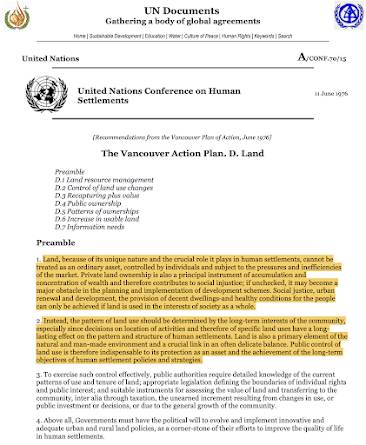

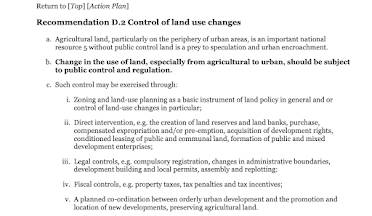

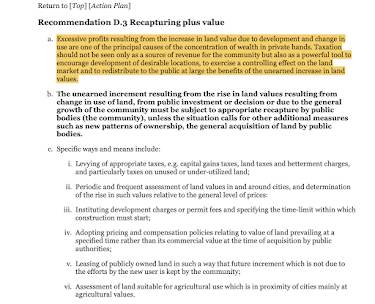
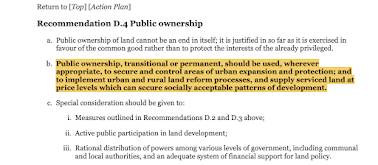
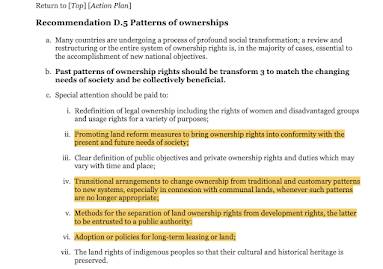
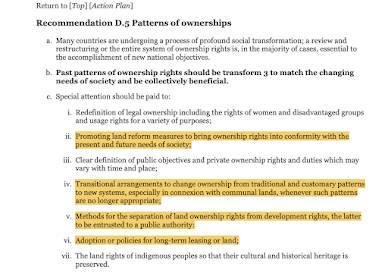
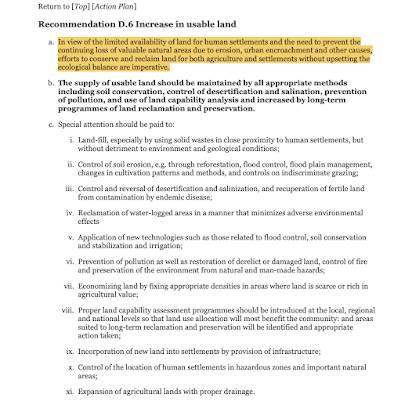
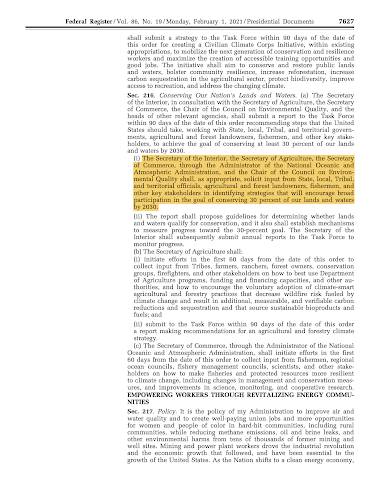
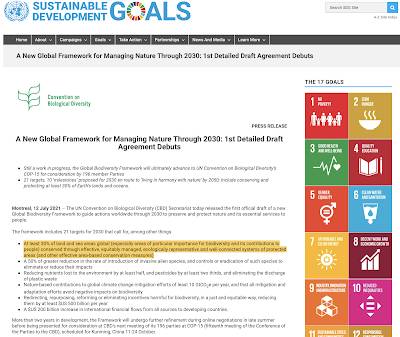
Be the first to comment